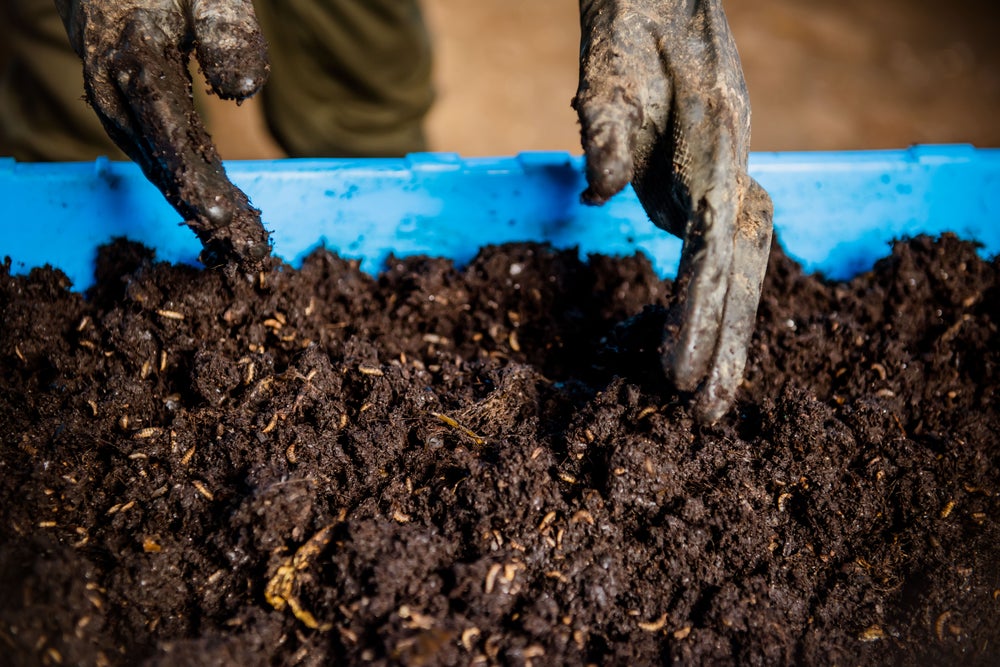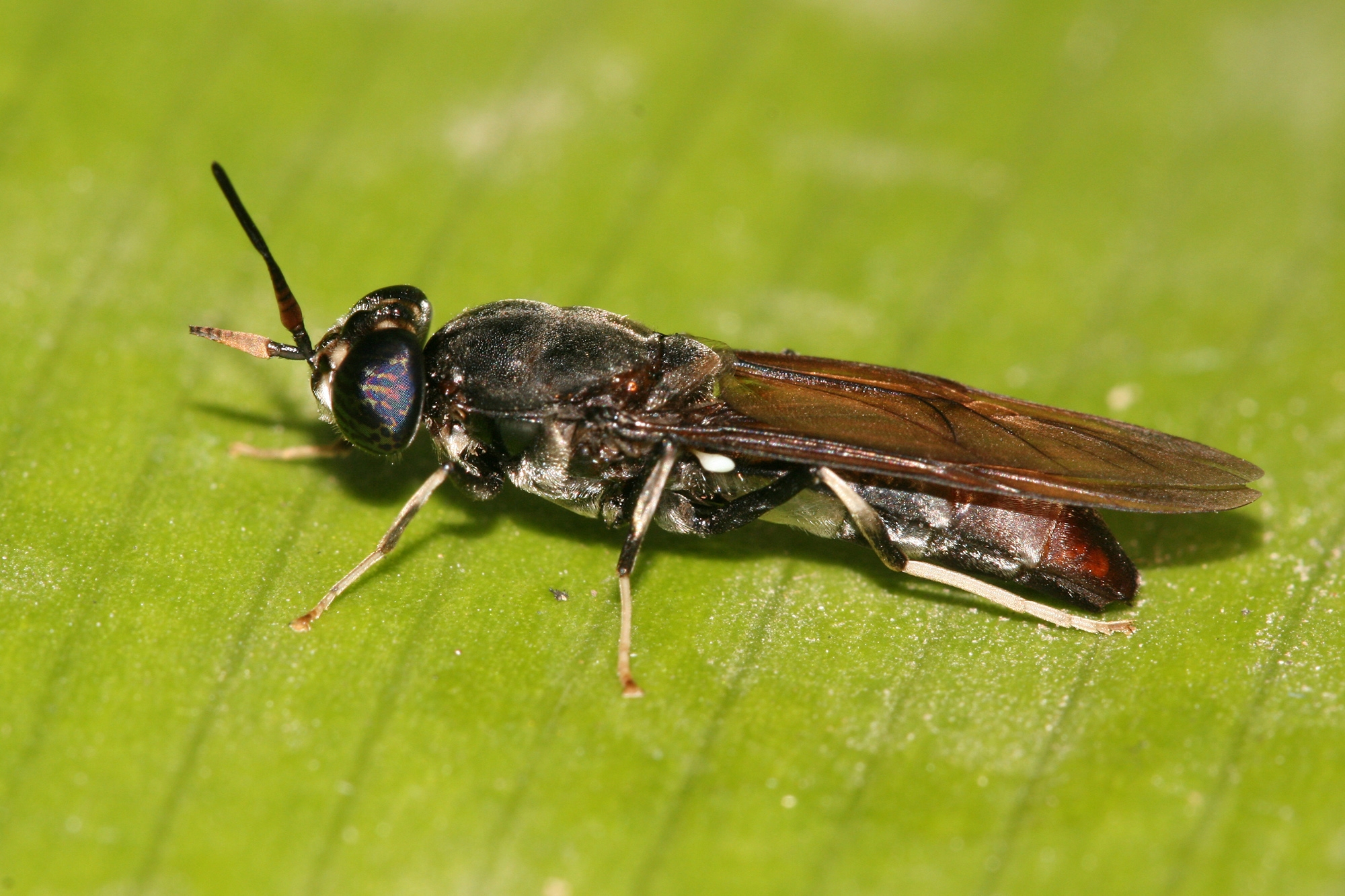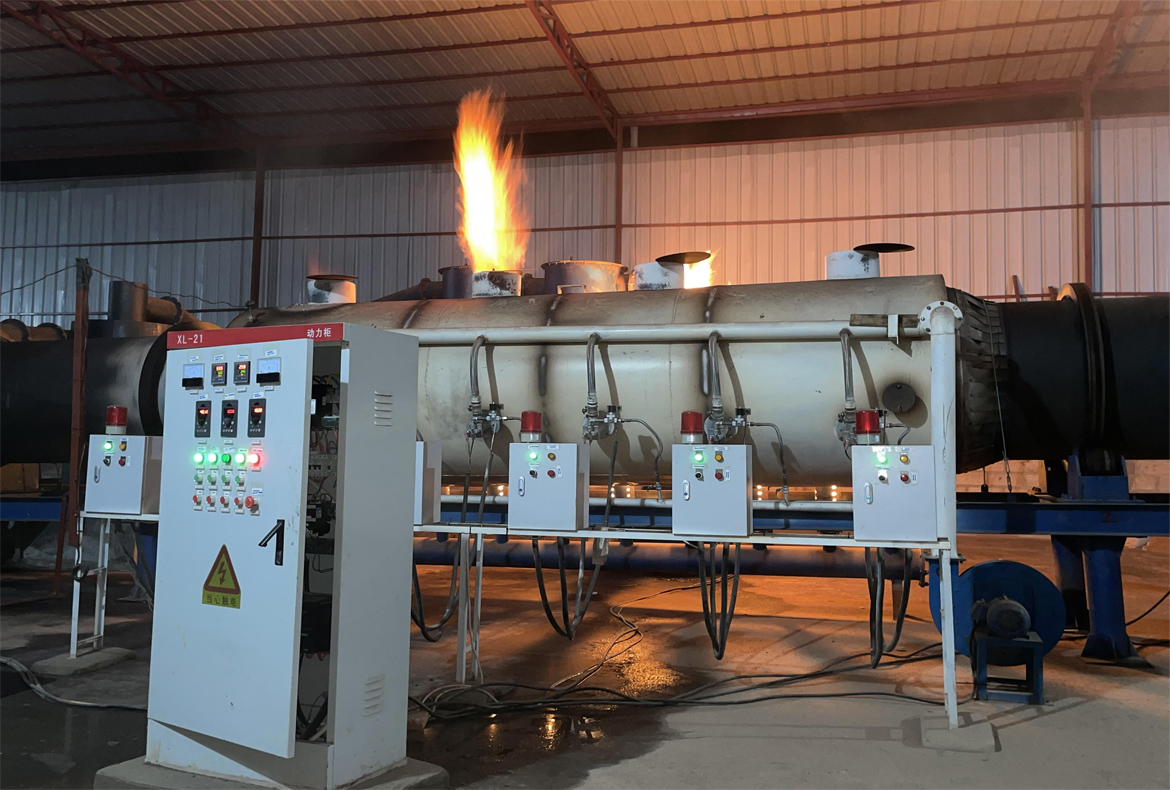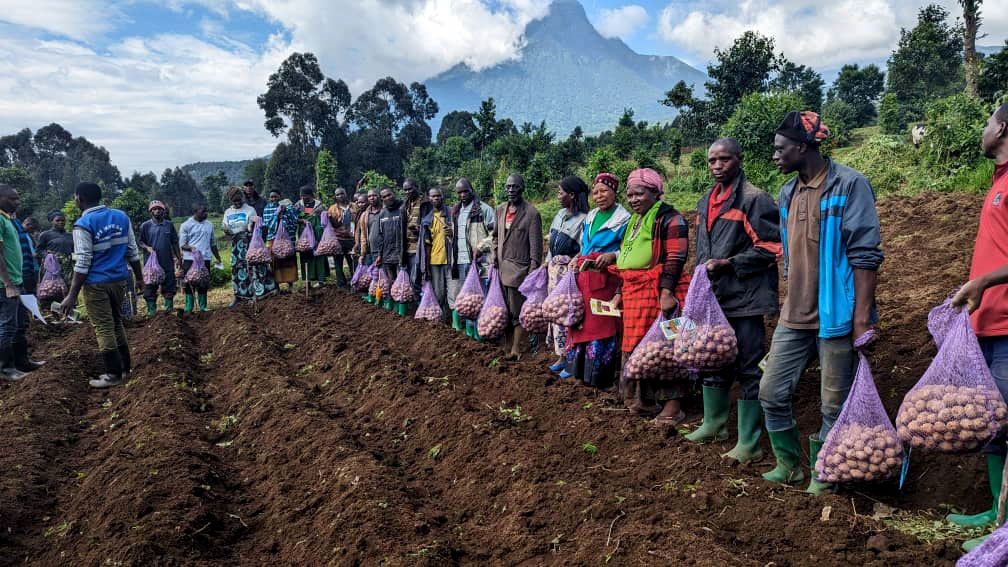Piggery Farming
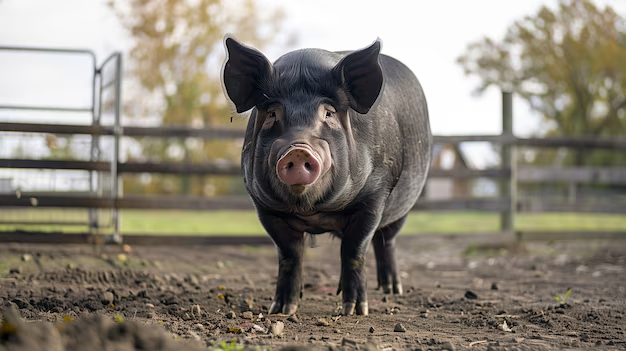
Piggery farming in Rwanda has become a significant agricultural practice with the primary purpose of improving the livelihoods of local farmers.
This form of livestock farming involves the breeding and raising of pigs, primarily for their meat, which is a valuable source of protein. Additionally, pigs are a source of income for many smallholder farmers, contributing to their economic stability and growth.
The practice of piggery farming in Rwanda is predominantly carried out by smallholder farmers. These farmers typically manage small-scale operations, which serve as a supplementary source of income and provide manure for crops, enhancing soil fertility and productivity.
However, there has been a rise in medium-sized and large pig farms, especially around urban areas, catering to the increasing demand for pork and related products. One of the key aspects of piggery farming in Rwanda is the focus on more productive and sustainable practices.
Organizations such as the International Livestock Research Institute (ILRI) have been instrumental in promoting these practices. They provide resources and training to improve pig farming techniques, which in turn, enhance the quality of life for farmers by increasing their income potential. Moreover, the Rwandan government and various non-governmental organizations have been working together to support the piggery industry.
They aim to improve governance within the pig value chain, address sanitary risks, and ensure that veterinary services are accessible to farmers. This collaborative effort helps in maintaining the health and well-being of the pigs, which is crucial for the success of the industry.
In conclusion, piggery farm work in Rwanda serves a dual purpose: it provides a livelihood for farmers and contributes to the country's food security. With continued support and the adoption of improved farming practices, the piggery industry in Rwanda has the potential to significantly elevate the living standards of its farmers and their communities.
